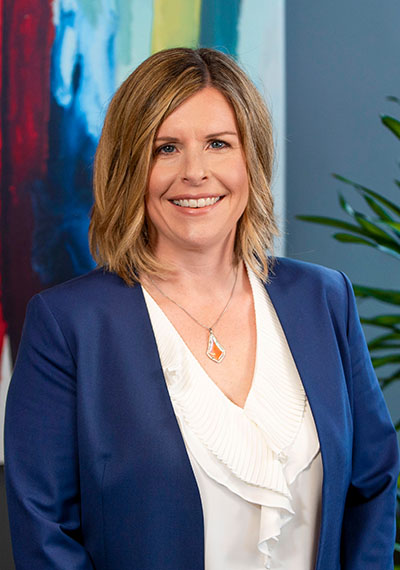The transition from college graduate to young professional can be difficult; especially financially. For some, this means you now have a paycheck from your first “real job.” Not only are you making more money than you ever have before, but you may also have to start paying for expenses like food, a car payment and rent! With these new responsibilities in your financial life, how do you plan to take control of your finances? Following these 10 tips will help start you on a good financial path.
1. Create a budget and monitor it regularly. To be financially successful in your life, this is critical. You can easily set and track a budget by using a budgeting website, app, or financial software.
2. Live within your means. While you’re just starting your work life and you’re earning a modest income, don’t try to live a celebrity lifestyle. In reality, as a young professional, you are likely not going to start out making a six-figure income. Live and spend, keeping that fact in mind. Learn the difference between “wants” and “needs.” Spend on “needs” first, and if there is any money left over after necessary expenses and savings (which includes participating in an employer-sponsored retirement plan), then you can manage buying some “wants.”
3. Pay off your debts. If you have to charge things on a credit card or take on a car loan, it’s difficult to save money when a good part of your extra income is going toward debt payments. If you’re stuck with a debt load with high interest rates, focus on paying the highest interest rate debt off first. Once excess debt is gone, apply the extra money to save for future goals.
4. Avoid accumulating unnecessary debt at all cost. As a general rule, if you don’t have the money, don’t spend it. High credit card debt is awful. Not only can it ruin your credit, it can snowball into even greater debt, if you are not careful. Except for emergencies, never charge more on a credit card than you can pay in full when the bill arrives the following month.
5. Think long-term. Where do you want to be financially in 5, 10, or 40 years? If you constantly focus on what you want immediately, your long-term financial future could be in danger.
6. Set financial goals. Envision what you want your financial future to look like, and decide how you’re going to make it happen. By writing down your goals and reviewing them often, you will become motivated each day to take small steps toward these goals.
7. Save for retirement. If you ever want to retire or become financially independent at some age, it’s crucial to plan for it. For young professionals, the best retirement savings accounts are a 401(k) (or another employer sponsored retirement plan, such as a 403(b), SEP IRA, Simple IRA, or Thrift Savings Plan) and a Roth IRA. If you are self-employed, there are other retirement plans to consider.
8. Save for other things. Want to buy a house, a new car, an engagement ring, or pay for your wedding? It will be difficult to make large purchases if you don’t have adequate savings. Set the dollar goal for each major large item and build savings specifically for that purchase.
9. Find friends and potential life partners whose financial values align with yours. The people with whom you surround yourself greatly impact your spending (or saving) habits, so choose wisely. Do not be afraid to pass on expensive dinners or trips if they are not in your budget. Don’t allow anyone to bully you into financial distress!
10. Start now! Time is on your side. It is much easier to implement healthy savings habits at a young age. Also, compound interest and reinvesting of dividends can help provide more growth in your investment accounts over long periods of time.
*This article is based on a column from Financial Symmetry based in Raleigh, NC.
CCMI provides personalized fee-only financial planning and investment management services to business owners, professionals, individuals and families in San Diego and throughout the country. CCMI has a team of CERTIFIED FINANCIAL PLANNERTM professionals who act as fiduciaries, which means our clients’ interests always come first.
How can we help you?






